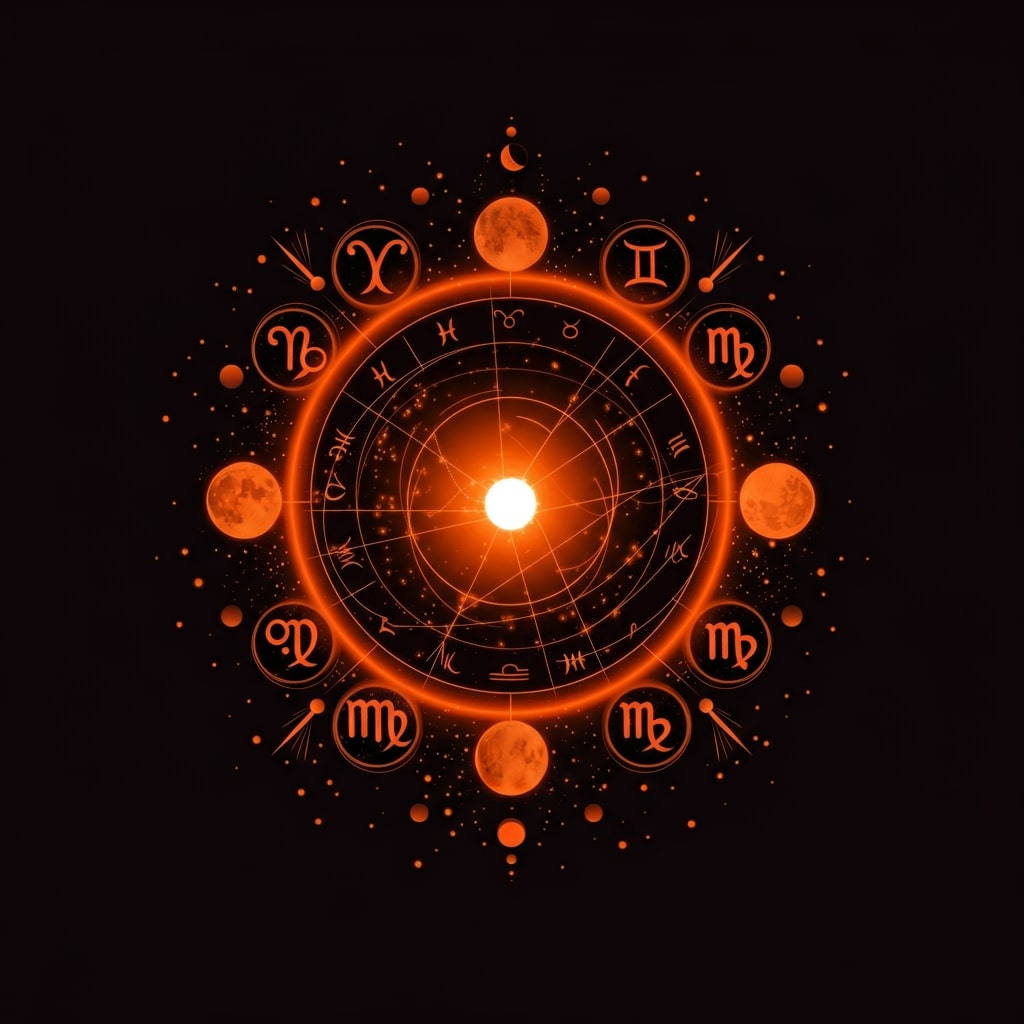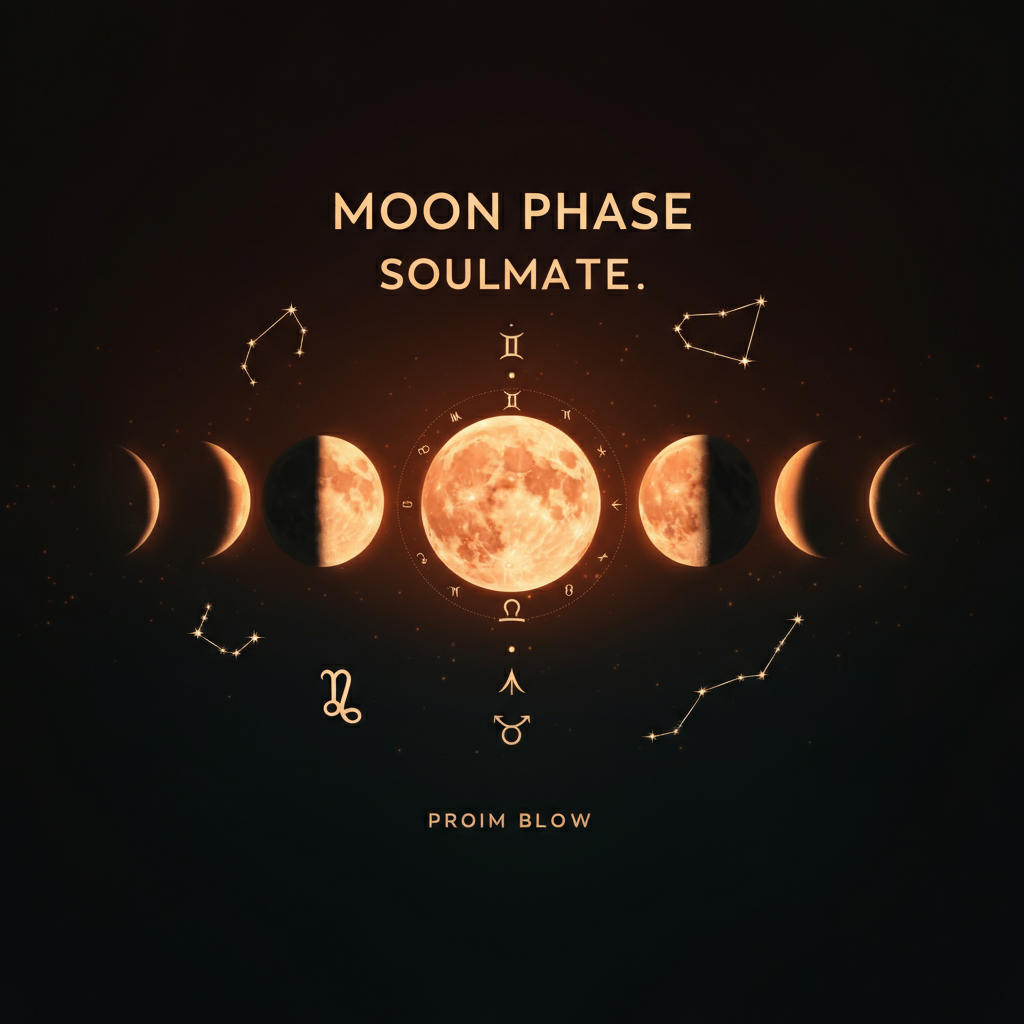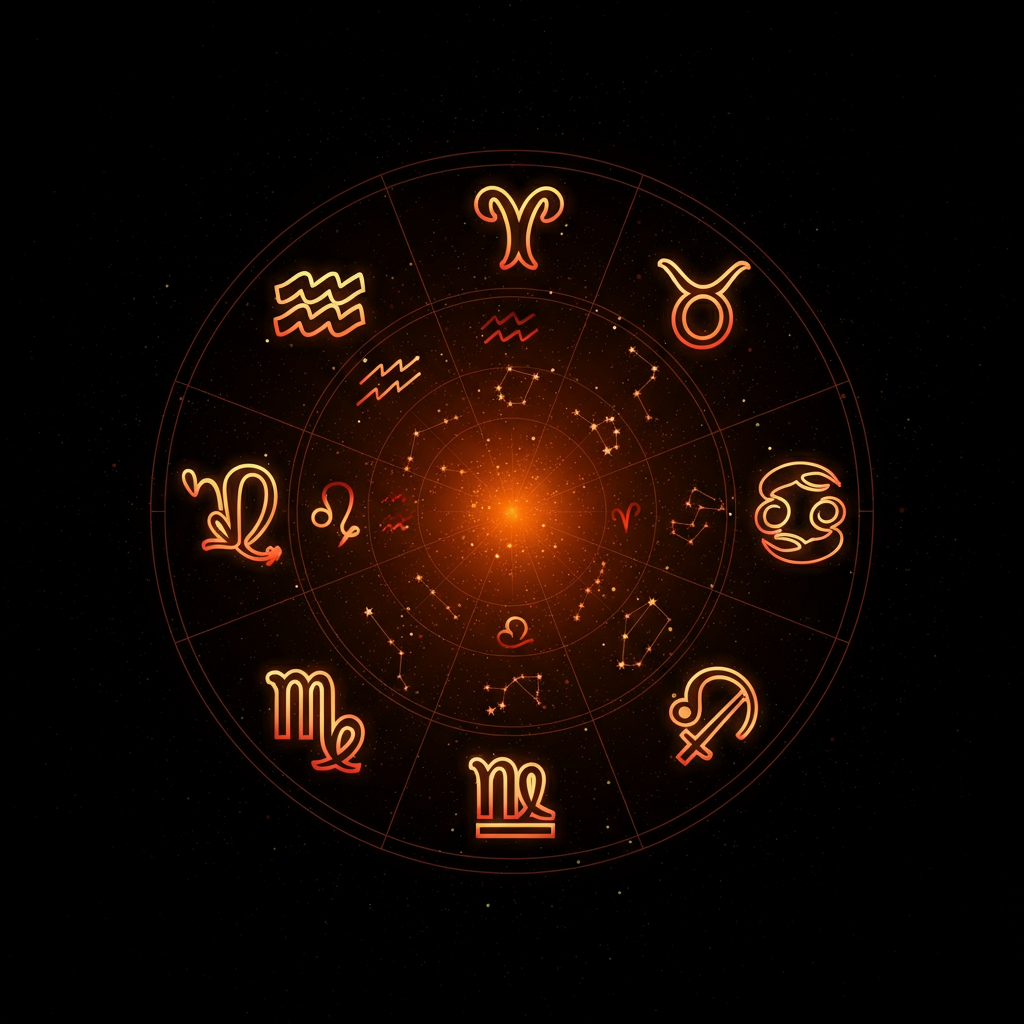Astrology has captivated human curiosity for centuries, offering a unique lens through which we can explore ourselves and our place in the universe. Over time, this ancient art has evolved into a system that many use to understand their personality, relationships, and life paths. Whether you’re just intrigued by horoscopes or ready to dig deeper, astrology provides valuable insights into how cosmic patterns might influence our daily lives.
If you’re a beginner, the vastness of astrology can feel overwhelming. Terms like “houses,” “aspects,” or “natal chart” might sound like a foreign language, but don’t worry—we’ll break it all down. This guide will cover essential terms and concepts to help you get started, step into the fascinating world of astrology, and begin interpreting its messages with clarity.
Key Astrology Terms and Concepts for Beginners
Astrology is built on a network of interconnected concepts. Below, we’ll cover the basics so you can start making sense of this cosmic system.
1. The Zodiac Signs
The zodiac is one of astrology’s foundational elements. It consists of 12 signs, each representing specific personality traits and energetic characteristics. These signs are divided into four elements and three modalities, which we’ll discuss further below.
The 12 zodiac signs are:
- Aries (March 21 – April 19)
- Taurus (April 20 – May 20)
- Gemini (May 21 – June 20)
- Cancer (June 21 – July 22)
- Leo (July 23 – August 22)
- Virgo (August 23 – September 22)
- Libra (September 23 – October 22)
- Scorpio (October 23 – November 21)
- Sagittarius (November 22 – December 21)
- Capricorn (December 22 – January 19)
- Aquarius (January 20 – February 18)
- Pisces (February 19 – March 20)
Each sign is governed by a specific planet (referred to as its ruler) and embodies unique strengths and challenges. For instance, Aries, ruled by Mars, is characterized by fiery determination and leadership; Pisces, ruled by Neptune, is sensitive and deeply intuitive.
2. The Planets
Astrology assigns significant meanings to the planets, treating them as symbols of different aspects of life and personality. The planets are divided into personal planets, social planets, and generational planets, depending on their influence:
- Personal Planets (Sun, Moon, Mercury, Venus, Mars): Represent individual traits and short-term influences.
- Social Planets (Jupiter, Saturn): Highlight societal connections and long-term growth.
- Generational Planets (Uranus, Neptune, Pluto): Shape trends affecting entire groups or ages.
For example, Venus relates to love and beauty, while Mars governs drive and ambition. The placement of each planet in your natal chart reflects how those energies function in your life.
3. The Houses
You may notice references to something called “houses” in astrology. These are 12 sections of a natal chart, each governing specific areas of life, such as career, relationships, or health. While the zodiac signs describe the “what,” the houses explain the “where.”
- 1st House: Self, identity, and appearance.
- 7th House: Partnerships and relationships.
- 10th House: Career, reputation, and public life.
The houses are determined by the specific time and location of your birth, making them unique to each individual.
4. The Natal Chart
Arguably the most important element of astrology, a natal chart (often called a birth chart) maps the position of the planets when you were born. Think of it as a snapshot of the sky at the exact moment you entered the world.
The three most significant components of a natal chart are:
- The Sun Sign (your core identity and essence).
- The Moon Sign (your inner world, emotions, and instincts).
- The Rising Sign or Ascendant (how you project yourself to others and approach life).
For instance, someone with a Leo Sun, Cancer Moon, and Sagittarius Rising might have a lively personality (Leo), a deeply nurturing emotional nature (Cancer), and an adventurous public persona (Sagittarius).
5. Aspects
Astrology recognizes relationships between the planets, referred to as aspects. The angles formed between planetary placements indicate how different energies interact in your life. Major aspects include:
- Conjunction (0 degrees): A blending of energies.
- Square (90 degrees): Conflicting or challenging energies.
- Trine (120 degrees): Harmonious flow of energy.
- Opposition (180 degrees): Polarized energy that seeks balance.
For example, if Venus and Saturn are in a square aspect in your chart, you might feel tension between your desire for love and societal expectations.
6. The Elements
The zodiac signs are divided into four elements, providing an additional layer of meaning:
- Fire (Aries, Leo, Sagittarius): Passionate, bold, and action-oriented.
- Earth (Taurus, Virgo, Capricorn): Practical, grounded, and reliable.
- Air (Gemini, Libra, Aquarius): Intellectual, communicative, and curious.
- Water (Cancer, Scorpio, Pisces): Emotional, intuitive, and deeply empathetic.
Each element describes a broad energetic category that shapes how signs express themselves.
Getting Started with Astrology
Now that you know the basics, how do you begin applying astrology in your life?
1. Create Your Natal Chart
To create a natal chart, you’ll need your exact birth date, time, and location. Many websites and apps offer free charts, delivering detailed insights in seconds.
2. Learn About Your Sun, Moon, and Rising Signs
The Sun, Moon, and Rising signs form a beginner-friendly foundation to start interpreting astrology. Together, they paint a preliminary picture of your personality and the energies guiding you.
3. Track the Moon’s Phases
The Moon changes phases and moves through the zodiac every 2-3 days, making it a powerful tool for noticing astrological influences in real time. For instance, new moons are great for setting intentions, while full moons highlight completion and reflection.
4. Observe Patterns
Astrology is as much about self-reflection as prediction. Take note of how planetary transits (movements) align with significant events in your life. Over time, you might notice intriguing patterns.
FAQs About Astrology for Beginners
1. What’s the difference between astrology and astronomy?
Astronomy is a science that studies celestial bodies from a physical perspective, while astrology seeks to interpret their symbolic meanings and potential influence on human life.
2. Is astrology scientific?
Astrology is not a science in the traditional sense, as it lacks empirical validation through scientific methods. However, it’s valued by many as a symbolic system that provides insight and guidance.
3. How do I read my natal chart?
Begin by identifying your Sun, Moon, and Rising signs, then look at the houses and aspects. Online chart generators often include definitions, helping you interpret key details.
4. Can astrology predict the future?
Astrology focuses more on understanding trends and themes than making literal predictions. It aims to highlight opportunities and challenges instead of fixed outcomes.
5. Why are some people skeptical about astrology?
Skepticism often arises from astrology’s lack of scientific evidence, as well as misunderstandings about its purpose (e.g., confusing it with fortune-telling). Ultimately, astrology resonates differently with everyone.
6. What’s the best way to learn astrology?
Start small by focusing on key elements like natal charts and zodiac signs. Books, online courses, and community discussions are excellent resources. Practice connecting astrological insights with real-life experiences.
Final Thoughts
Astrology is a deeply personal and multifaceted practice, offering insight into human nature and the rhythms of life. While its complexity may take time to master, beginning with its basic terms and concepts lays a firm foundation for growth. Explore your natal chart, pay attention to planetary movements, and enjoy the wonder of connecting with the cosmos. By stepping into astrology with curiosity, you open the door to understanding yourself and your world in a whole new way!





